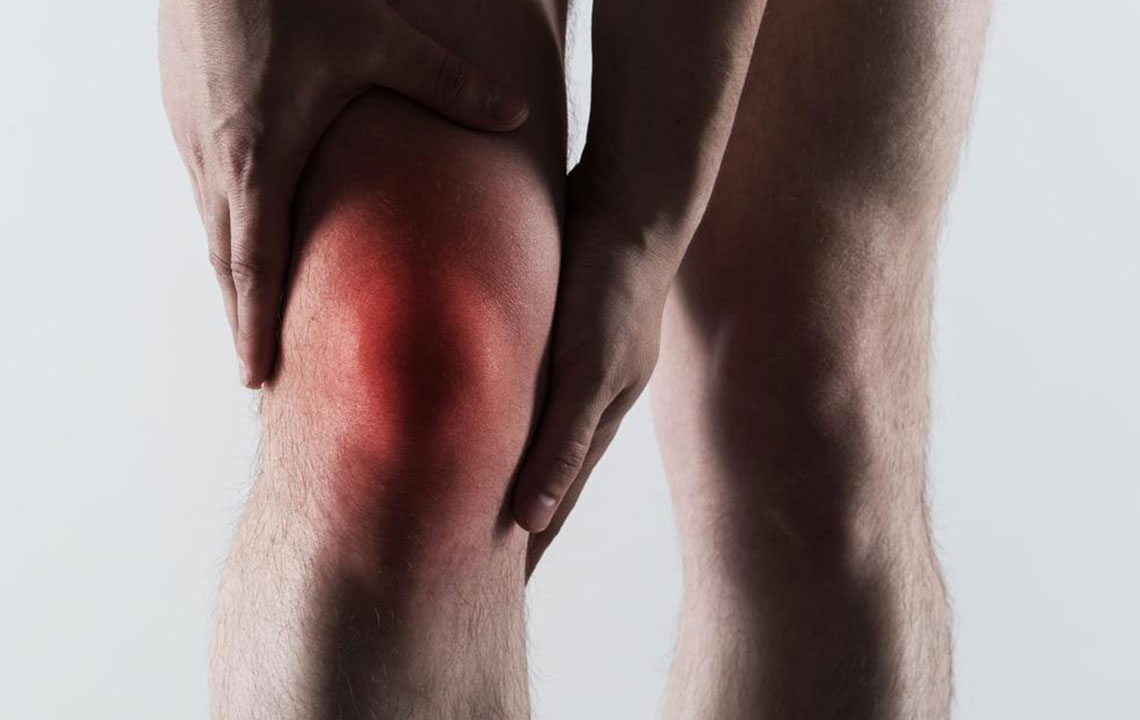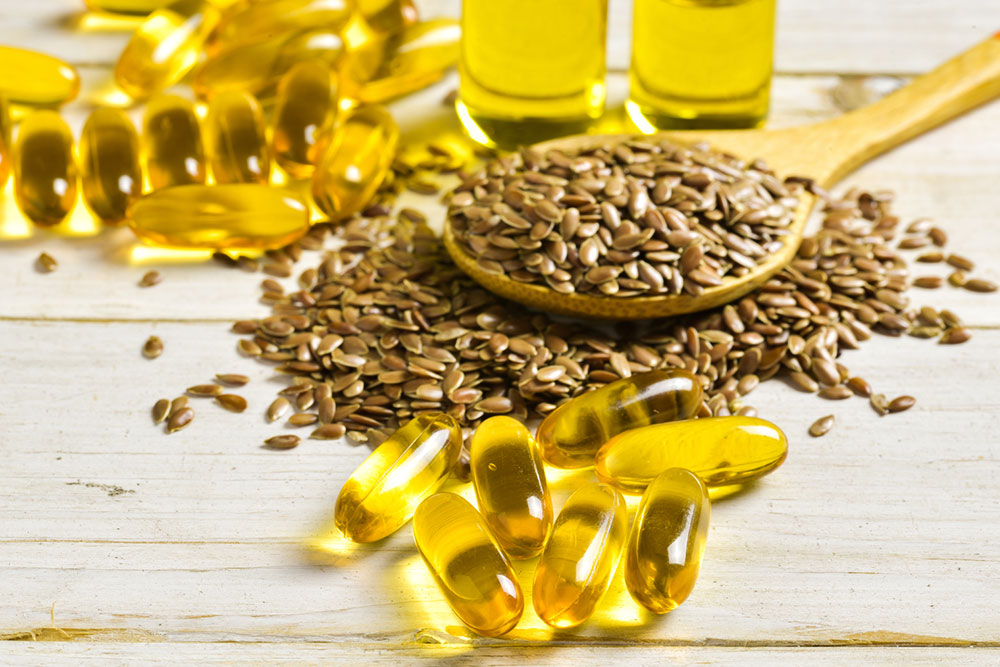Top Strategies to Manage and Treat Gout Effectively
Discover effective treatments for gout, including both medication options and natural remedies. Learn how to manage acute attacks and prevent long-term joint and kidney damage through lifestyle changes and natural approaches like ginger, cherries, and lemon juice. This comprehensive guide emphasizes quick relief and preventive strategies to control gout efficiently.
Sponsored

Gout is a form of arthritis characterized by sudden, intense joint pain, redness, and swelling. It can affect anyone and attacks may strike unexpectedly, even during nighttime hours. The affected joint often becomes extremely tender, warm, and inflamed, making even light pressure unbearable. What are the best approaches to treating gout?
Goals of Gout Treatment
The primary aims are to relieve pain quickly and prevent future episodes. Additionally, treatment focuses on avoiding long-term damage to joints and kidneys.
Both home remedies and medications can help manage gout effectively. Treatment depends on the severity of the condition.
Handling Acute Gout Flare-Ups
Resting the affected joint is crucial. Applying ice can reduce swelling and inflammation. When symptoms appear, consult your doctor for short-term medication, which may include corticosteroids, colchicine, or NSAIDs.
Controlling Chronic Gout and Preventing Recurrent Attacks
If gout persists untreated, it can develop into a chronic condition, impacting multiple joints. Consistent medication, lifestyle modifications, and weight management are essential to prevent future attacks. Doctors may prescribe uricosuric agents, xanthine oxidase inhibitors, Pegloticase, or colchicine. In rare cases, surgery might be necessary. Lifestyle changes include limiting alcohol, reducing intake of red meat and seafood, and increasing physical activity.
Natural Home Remedies for Mild Gout Symptoms
For less severe flare-ups, several natural remedies can help ease pain and inflammation.
Ginger Root - Known for its anti-inflammatory properties, ginger can provide quick relief. It can be consumed as a tea, added to meals, or applied topically as a paste. A mixture of dried ginger, turmeric, and fenugreek taken with warm water twice daily is beneficial.
Cherries - Rich in antioxidants and anthocyanins, cherries can reduce flare-ups. Eating 15-20 cherries daily or drinking black cherry juice with a bit of minced garlic can help manage symptoms.
Apple Cider Vinegar - Its anti-inflammatory effects can alleviate pain. Mix a teaspoon of raw, unfiltered apple cider vinegar in a glass of water and consume three times daily. The dosage can be increased based on tolerance.
Lemon Juice - Lemon helps alkalize the body and lower uric acid levels. Combine fresh lemon juice with baking soda for an effective remedy or include vitamin C-rich fruits in your diet to support tissue health.
Additional natural remedies include Epsom salt soaks, garlic, carom seeds, castor oil, and coriander. Incorporating these into your routine may help reduce gout symptoms naturally.






